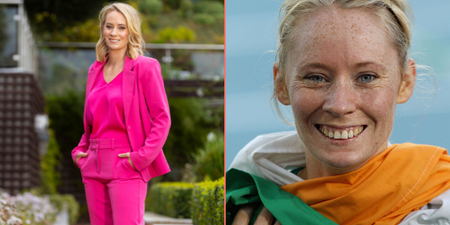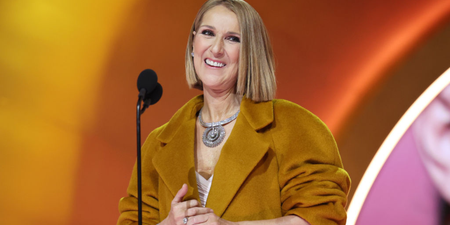“Discrimination is necessary”
A landmark ruling by the IAAF means that two-time Olympic champion Caster Semenya will be forced to take hormone suppressant medication if she wants to compete in professional sports.
Semenya had challenged the Court of Arbitration for Sport (CAS) over new rules, introduced last year, which targeted female athletes with higher level of testosterone.
Despite the challenge, CAS ruled today that the regulations restricting testosterone levels in female athletes were “necessary” while also admitting that they were “discriminatory”.
We’re discussing the complicated history and controversial elements of gender testing in sport on our brand new weekly show PlayXPlay, clink the link below and listen in at (29.19) for more.
The South African athlete has been subject to rumours surrounding her gender since she burst onto the athletics scene in 2009. At just eighteen, Semenya won gold at the 800m World Championship event in Berlin, she also claimed gold in the 800m at the 2012 and 2016 Summer Olympics. Semenya’s career, however celebrated, has also been tarnished by controversy. Immediately after her win in Berlin she came under scrutiny in the press and it was revealed after her victory that she had been subject to gender tests.
The new regulations, which were announced in April of last year, will target female athletes who suffer from hyperandrogenism and other genetical conditions know as disorders of sex development or DSD.
Hyperandrogenism creates excessive amounts of male sex hormones in the female body such as testosterone. Some side effects of this condition can be acne, excessive hair growth, inflamed skin and heightened libido there has also been suggestions that women with these conditions may have an unfair advantage if competing in female sports.
The IAAF has said that these ruling will be upheld on May 8th, which gives Semenya and other athletes with naturally occuring high levels of testosterone one week to come in line or risk being ruled ineligible to compete.
Watch the full episode of our new weekly sports show on YouTube below





















































